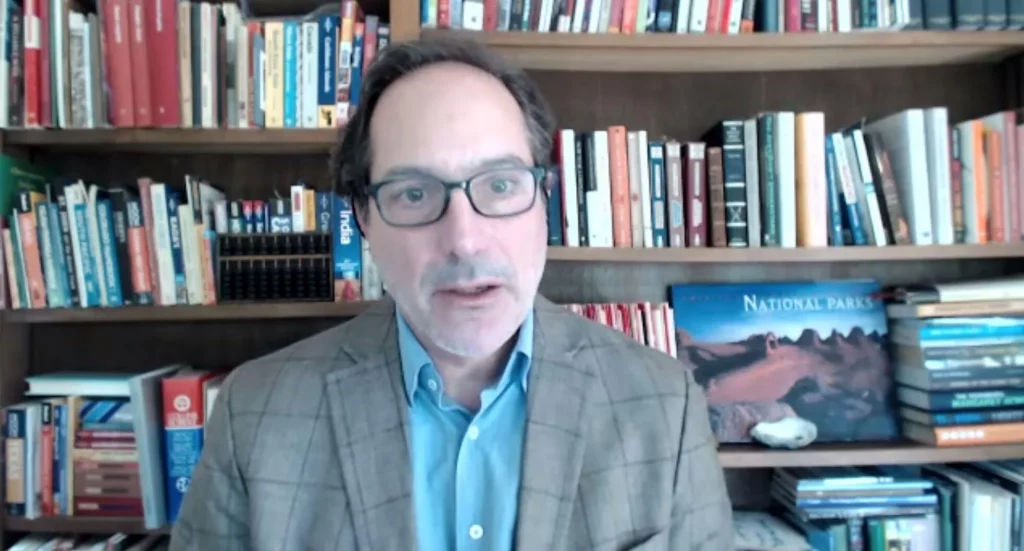
Octopus and a Parking Garage? What is this? Bob Marshall explains to make sense of the statement.
When I saw a blurb about a new book titled “The Octopus in the Parking Garage, A call for climate resilience,” I figured this would be more evidence about the bleak future faced by coastal Louisiana if we didn’t cut carbon emissions. After all, finding a sea creature in a parking garage should shake up the most hardened climate skeptics. But that first impression changed when I saw the author’s name: Rob Verchick. He’s the Loyola University environmental law professor who has earned a nationwide reputation as not only an expert on the causes and threats of the climate crisis, but also in exploring ways to address that challenge.
nola.com

This is not an end of the world book, but rather what we can do. It involves talking to others. Of course there are suggestions for government also.
That told me this wouldn’t be another tome on the end of the world as we know it. It would be more about how we can — and should — manage that changing future. And I was right. While the book lays out specific ideas for resilience in planning by governments, Verchick believes its most important point is personal action. “Let me be clear that we can’t address the climate crisis without reducing emissions — that has to be Job 1,” he said. “But my book is about what people can do about it. “I have a little tool kit I call ‘LTD’ — Learn, Talk, Do,” he said. “That’s really what I hope people learn from this.”
Learn, talk, do is a good idea. Verchick has a good resume to go with this idea.
Verchick’s resume proves his expertise. As a member of the Obama Administration’s Interagency Climate Change Adaptation Task Force, he helped develop its Clean Power Plan. He is a senior fellow at Tulane University’s Disaster Resilience Academy in its School of Social Work, and president of the Center for Progressive Reform, a national think tank on public health, public welfare and environmental protection policy. When I’ve spoken to his classes on swamp tours over the years (full disclosure: one of those is featured in a chapter of the book), his voice has always been the solutions counterpoint to my steady recitation of the darker side of impacts and causes. One of his mottos is “persist and prevail.” And he follows that path with facts and persuasion, rather than finger-pointing and shouting. So it was no surprise he came up with “LTD.” “The learning part should be easy: You can read the facts about it in your local newspaper and online almost anywhere. But the hard part apparently is then talking about it to other people.” Verchick said social science research shows even people who are the most concerned about climate change don’t talk to other people about it. “They avoid talking about it for any number of reasons,” he said. “Maybe they are intimidated or worry about causing arguments. But when people keep things bottled up, they get anxious, and when they get anxious, they avoid the topic, avoid thinking about it — and avoid doing anything about it.” And doing something about those concerns on a personal level, Verchick says, is the only way to prevent the costly impacts already underway from getting much, much worse. “Doing something can be a small thing or a big thing, but you have to take some kind of action,” he said. “The first step, of course, is getting involved in voting for candidates that care about addressing climate change. That’s the first action everyone should take. But then you should get informed on how climate change will impact things you care about.”
To do, go to your interest.
For example, if you care about power costs and reliability, go to hearings on the power grid and about installing renewable power sources. If you are worried about losing green spaces and your favorite birds and wildlife, you can get involved in helping your parks address impacts caused by the changing climate. “The antidote to anxiety is action,” he said. “We need to learn, and to talk and to do. If my book can accomplish anything, I hope it is to get people to talking more and taking some kind of action.”
The book is on Amazon for $35.00 dollars if you want to read it.



